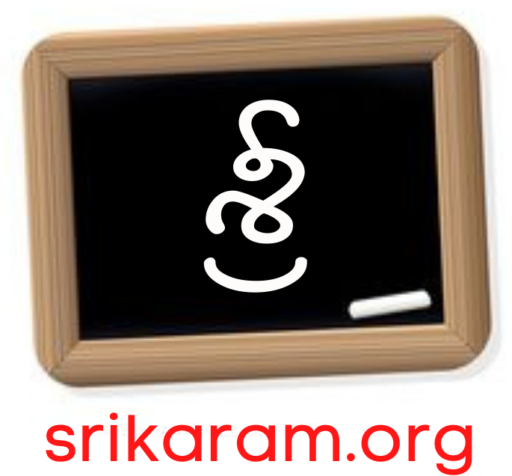Bhagat Singh is one of India’s most iconic freedom fighters. His name is synonymous with the spirit of revolution, courage, and sacrifice. Though his life was short, his contributions to India’s independence movement have left a lasting legacy. His courage and commitment to the cause of freedom inspired millions and continue to do so.
Early Life and Education
- Bhagat Singh was born on September 28, 1907, in Banga, Punjab (now in Pakistan). He belonged to a Sikh family that was deeply involved in the freedom struggle.
- As a young boy, Bhagat Singh was influenced by the stories of Lala Lajpat Rai and the sacrifices made by the Indian people.
- He was an exceptional student, with a keen interest in literature, history, and politics. Bhagat Singh was particularly influenced by revolutionary leaders such as Ram Prasad Bismil, Khudiram Bose, and Chandrashekhar Azad.
- Bhagat Singh was an avid reader and his library contained books that discussed the history of revolutions and the struggles of various oppressed people.
Involvement in the Freedom Struggle
- Bhagat Singh was deeply influenced by the Jallianwala Bagh massacre in 1919, which fueled his anger against the British colonial regime.
- In the early 1920s, he joined the Hindustan Socialist Republican Association (HSRA), a group that sought to overthrow British rule through revolutionary means.
- He was a strong advocate for armed resistance against British colonial rule and rejected the methods of peaceful protests, following the example of revolutionary leaders in other parts of the world.
The Saunders Murder and the Bombing in the Assembly
- One of Bhagat Singh’s most significant actions came in 1928 when he, along with his associates, plotted the killing of J.P. Saunders, a British police officer. This was in revenge for the death of Lala Lajpat Rai, who was injured during a police baton charge.
- The killing of Saunders made Bhagat Singh a prominent figure in the freedom movement. However, to avoid being captured, he fled to Calcutta (now Kolkata).
- Bhagat Singh’s most famous act came in 1929, when he and Batukeshwar Dutt threw bombs in the Central Legislative Assembly in Delhi. Their objective was not to harm anyone but to protest against the repressive Public Safety Bill and Trade Disputes Bill. Bhagat Singh and Dutt were arrested willingly to make their protest known.
Trial and Execution
- Bhagat Singh’s trial became a symbol of resistance. Despite knowing that his actions could lead to his execution, he remained resolute in his belief that revolution was the only way to achieve independence.
- During his time in jail, Bhagat Singh and his associates, including Rajguru and Sukhdev, went on a hunger strike to protest against the discriminatory treatment of Indian prisoners.
- On March 23, 1931, Bhagat Singh, Rajguru, and Sukhdev were executed by the British. They were hanged at Lahore Central Jail in the early hours, despite massive protests across India. Their martyrdom became a turning point in India’s struggle for independence.
Legacy and Influence
- Bhagat Singh’s sacrifice created a new wave of revolutionary fervor among the youth of India. His refusal to bow down to British oppression and his willingness to die for the freedom of his nation made him a martyr.
- His famous slogan “Inquilab Zindabad” (Long Live the Revolution) became a rallying cry for revolutionaries during the freedom struggle.
- Bhagat Singh’s courage, sacrifice, and his unflinching commitment to India’s independence continue to inspire young Indians to this day.
Famous Quotes
“I am a human being and all I want is to live freely, peacefully, and in happiness.”
“Revolution is an inalienable right of mankind. Freedom is an imperishable birthright of all.”
“The idea of dying for the country is a beautiful idea, but it’s a bad idea to die without achieving any result.”
Conclusion
Bhagat Singh’s life may have been short-lived, but his contributions to India’s independence and his bold ideas for revolution have made him a timeless hero. He is remembered as a symbol of bravery, sacrifice, and revolutionary spirit in the fight against British colonial rule.
